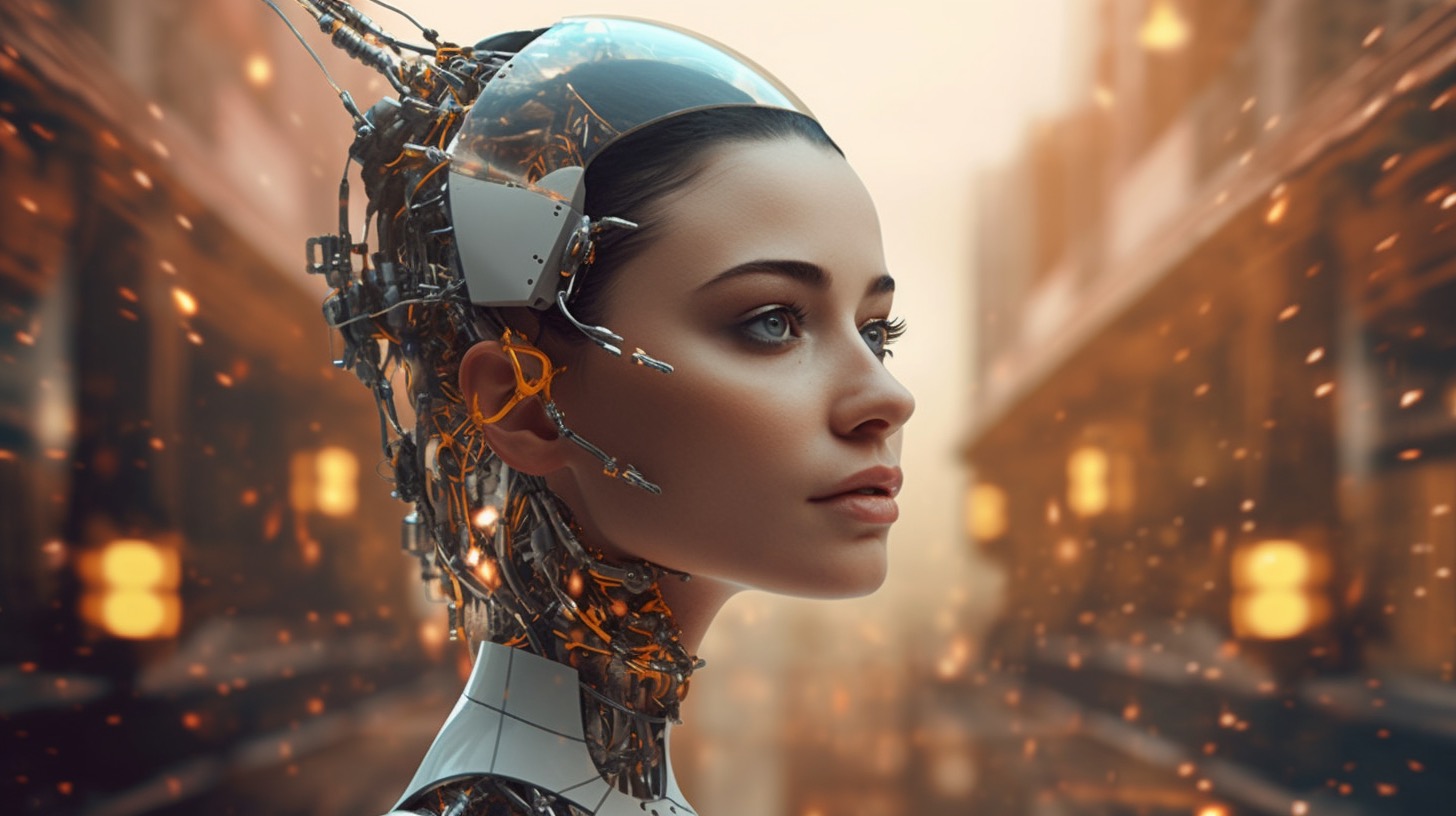A Unique Approach to Filmmaking
In a groundbreaking move within the film industry, Polish director Patryk Vega has debuted a feature film about Russian leader Vladimir Putin without the actual person’s involvement. Instead, Vega has tapped into the potential of artificial intelligence to bring the story to life.
Creating a Digital Legend
Vega humorously commented on not seeking participation from Putin himself when introduced at the Cannes Film Festival. His film, which explores around 60 years of Putin’s life, astonishingly showcases Putin’s death as a narrative conclusion, suggesting a facetious take on a “happy ending.”
Behind the Scenes of the AI Magic
The director initially sought to gather an extensive collection of Putin’s images to create a high-resolution representation suitable for the cinema. However, he found that the quality of existing footage didn’t meet his standards. Embracing innovation, Vega pioneered a new technique leveraging artificial intelligence to superimpose Putin’s likeness onto an actor of similar build as seen in the film’s promotional material.
The Fabricated Putin: A Psychological Sketch
The film presents Putin in familiar scenarios, from authoritative stances to playing the piano, along with scenes of the leader in less dignified circumstances. Through this portrayal, Vega aims to delve into the psyche of the Russian president. He described his piece as a sort of “user manual” for understanding Putin, emphasizing that the film is not just a political thriller but also a psychological study of the man driven by his ego.
Global Anticipation for the Release
With distribution rights already sold in over 50 countries—including Germany—the film has generated international curiosity. Audiences will finally witness the AI-crafted Putin when the movie hits theaters worldwide on September 26th, 2024. Whether this bold cinematic experiment will resonate with viewers remains to be seen.
Legal and Ethical Considerations
The use of AI to recreate a living political figure on screen can raise significant legal and ethical questions. Without the consent of the individual being portrayed, filmmakers could potentially face lawsuits for defamation or misappropriation of likeness, especially if the depiction is negative or controversial. Additionally, there may be ethical concerns about the accuracy and impact of such a portrayal on public opinion and how it might be manipulated for political purposes.
Deepfake Technology Concerns
Although the article does not specifically reference “deepfake” technology, AI-generated likenesses bear similarity. Deepfakes use AI to create realistic video footage of real people saying or doing things they never did. This technology poses profound challenges for truth in media and has implications for disinformation and propaganda.
Advantages and Disadvantages
One advantage of using AI in film production is the ability to depict historical or inaccessible figures without needing an impressionist or look-alike actor, offering a new level of realism and creative freedom to filmmakers. Additionally, it can help cut costs associated with make-up, prosthetics, or CGI usually employed to alter an actor’s appearance.
Conversely, the primary disadvantage of AI portrayals is the potential for misuse or controversy surrounding the portrayal. This could include misrepresenting the person’s actions or character, or provoking legal action from the individual or their estate when using their likeness without consent. Furthermore, these depictions have implications for actors’ employment and the role of performances in cinema.
Technological Reliability and Potential Abuses
With the emergence of AI in filmmaking, there are technological hurdles such as achieving convincing realism and performance when replacing a real person’s likeness. Additionally, there is potential for misuse in the form of creating malicious deepfakes that could tarnish reputations, manipulate viewers, or spread misinformation.
Related Legacy Domains:
For more on AI in filmmaking:
– IMDb
– Variety
For further reading on ethical concerns and deepfake technology:
– Electronic Frontier Foundation (EFF)
– Wired
The source of the article is from the blog anexartiti.gr

